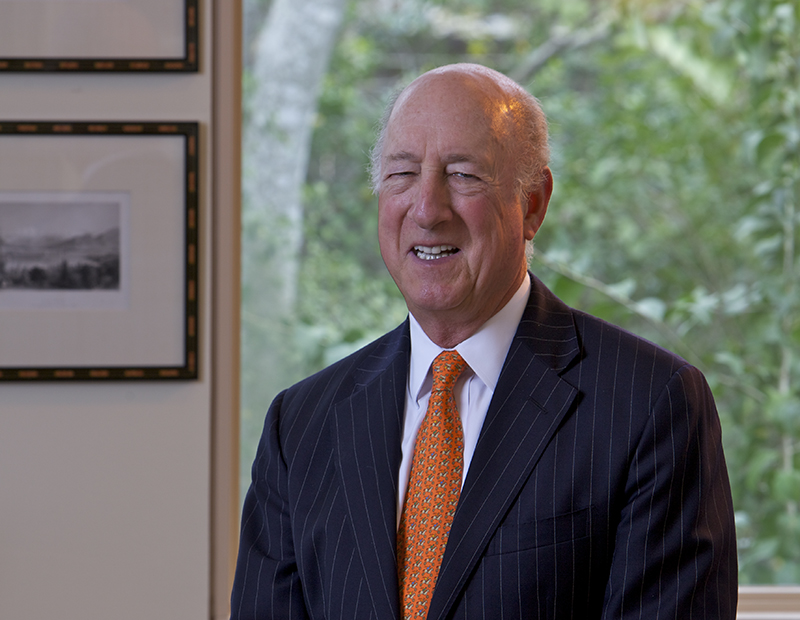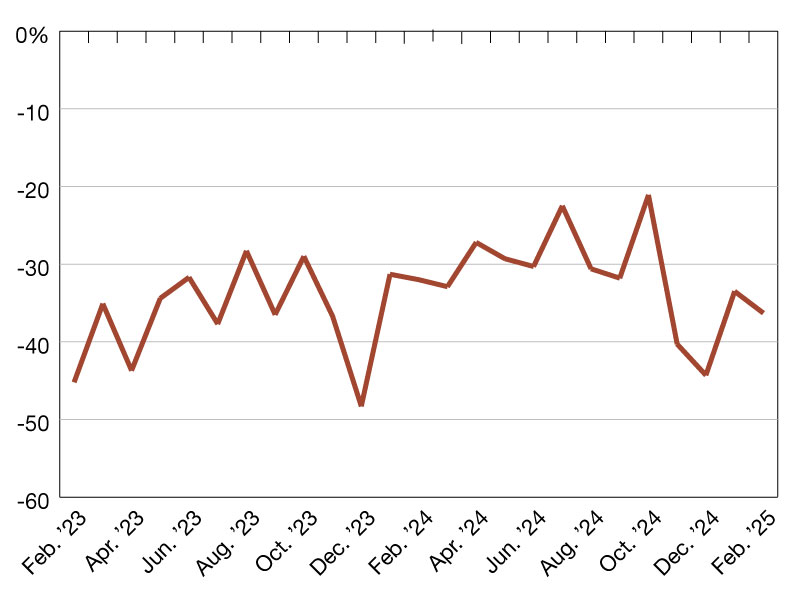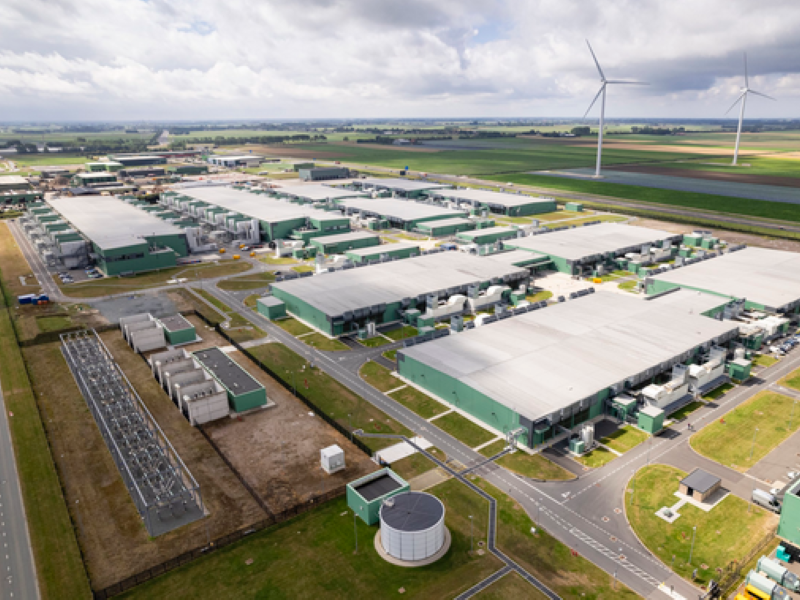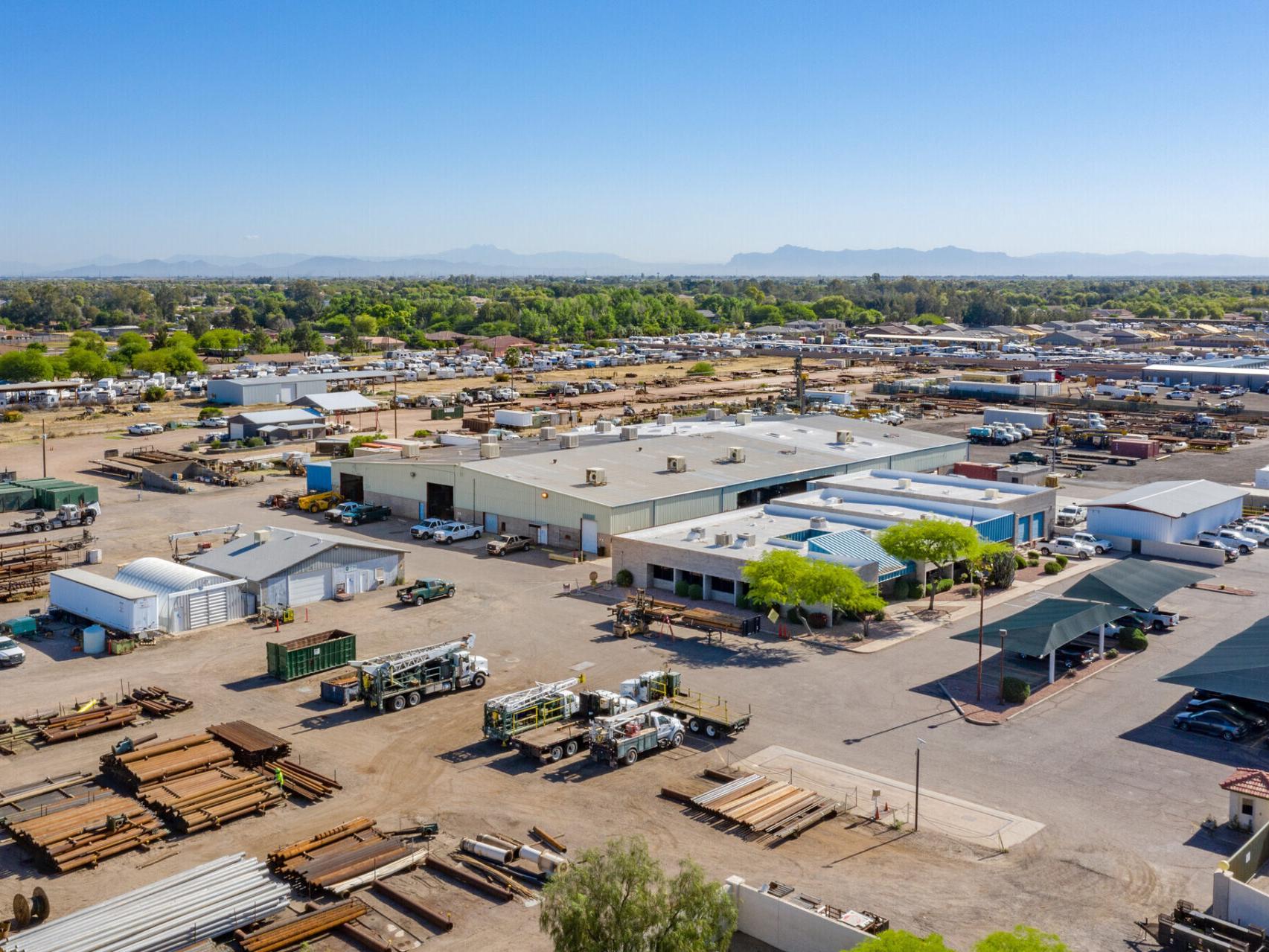Houston’s Double Crisis: Can the Metro Take the Hit?
The global health crisis and the oil price crash signal a grim outlook for Houston’s economy. David Wolff, chairman & president of Wolff Cos., sheds light on how these circumstances create both disruptions and opportunities.
The novel coronavirus has swept through the U.S., paralyzing major aspects of real estate and the economy. Houston’s woes doubled, as the price of U.S. oil and gas plummeted to a historic low in April, dipping into negative numbers for the first time. Although Houston has a track record of overcoming previous crises, the metro must become more proactive in diversifying its economy, according to Houston-based land developer, David Wolff, chairman & president of Wolff Cos.
With 50 years of experience and living through several crises, Wolff talks about the distress the pandemic and the oil and gas price crash is causing in Houston and dives into what the metro can do to become less vulnerable to future economic disruptions.
READ ALSO: Falling Oil Prices Could Squeeze Top Energy Markets
What does the oil price crash mean for Houston’s economy and commercial real estate?
Wolff: The recent decline of oil and gas prices will certainly harm the Houston economy and commercial real estate. In the short term, we will see a decline in employment numbers and an increase in vacancies. In the long term, Houston has certain fundamentals that will encourage recovery, including a business-friendly climate, inexpensive housing and a well-educated workforce. As a community, we need to become more proactive about economic development and bring new industries to Houston that can benefit from those fundamentals.
How can Houston’s commercial real estate sector face the crisis caused by the coronavirus outbreak and the oil price crash?
Wolff: I don’t think anyone anywhere in the world either anticipated or was prepared for this double crisis. The good news is, Houston is resilient and has a track record of overcoming prior crises, from the 80s oil bust to Hurricane Harvey. Many Houstonians have experienced failure before and found ways to successfully reinvent themselves. Some of Houston’s greatest success stories were born out of failure.
In commercial real estate, the industry is much better positioned for long-term survival than it was in the 80s. Many more properties are in the hands of well-capitalized, professional developers who can take the long-term view.
Which property sector is experiencing the most challenges caused by this double crisis?
Wolff: The office market in Houston was beginning to recover from the 2014 oil and gas bust. I anticipate that this crisis will have a negative impact on that recovery. Bricks-and-mortar retail had also been under increased pressure from online retail models. COVID-19 has accelerated, and may have permanently changed, the way customers shop.
On the positive side, Houston has become a center for manufacturing and distribution. I believe that the COVID-19 crisis will drive significant “on-shoring” of these sectors, which will benefit Houston.
READ ALSO: Industrial Real Estate’s Positive Prognosis
Oil and gas occupiers account for nearly half of all office leasing activity in Houston. How significantly will Houston’s office market be impacted in the short and long term?
Wolff: In the short term, the decline in oil and gas prices will have a negative impact on office leasing in Houston. Longer term, it will be interesting to see the impact of COVID-19 on office demand. While more people might start working from home, there will also be a demand for new offices with more space and features that can protect and even improve the health of their workforce.
Wolff Cos. has several master planned projects underway, such as Beacon Hill and Central Park. These projects include developments across all asset types, from multifamily to industrial and office spaces. How is the crisis affecting these projects, and what are your strategies for overcoming challenges?
Wolff: In our 50 years in Houston, we’ve always followed a few simple rules that have served us well in navigating previous crises. We’ve mitigated our risk by operating with no debt. We keep our overhead low, by outsourcing services such as legal, project management and engineering. When we approach a new property, we ask ourselves, “What’s the worst that could happen and can I afford to take the hit?” We can take a long-term view and avoid becoming a forced seller.
We also focus on high-quality properties in good locations that have multiple exit strategies. As a result, we can pivot if the market changes. When we bought properties in The Energy Corridor, which we thought would be developed into office, they were developed into hospitals, hotels and retail.
Wolff Cos. has survived previous crises and downturns. How is the current situation different?
Wolff: The majority of previous crises also involved a collapse of financial institutions, with many real estate developers carrying too much debt. These days, our financial institutions are in better shape and real estate developers are carrying less debt. This crisis is driven by economics versus a lack of liquidity.
READ ALSO: How This Recession Will Be Different
What advice can you give to a real estate investor/developer going through a downturn for the first time?
Wolff: For younger generations of real estate professionals, this will be a good, albeit painful, experience. There are fewer lessons to be learned in a good market, whereas a downturn makes us more disciplined and focused. Use this downtime to figure out what business you are really in and become an expert in that. Take us: Wolff Cos. has no expertise in Chicago’s multifamily market or Seattle’s light industrial sector, but what we really do know is Houston land development, in particular West Houston.
I believe that younger people thrive in change, and they have the needed energy and perseverance to succeed. My advice to them is to focus and become an expert in a particular area they have a high degree of confidence in after the market bounces back. Learn all there is to know about it, from who owns the land to the status of the utilities and drainage. That knowledge will set you apart when the time comes.
When do you expect Houston’s commercial real estate business to bounce back and how will the recovery unfold?
Wolff: While some commercial real estate sectors, such as office and retail, will suffer, we will see continued and new growth elsewhere. Health care, multifamily, light industrial and warehousing will continue to drive new development in Houston.
Each crisis brings disruption but, with it, new opportunities. U.S. companies are likely to have a long hard look at their supply chains and rethink their dependence on China and other Asian countries. This will likely result in the growth of the manufacturing sector, and Houston is ideally positioned to fill that void thanks to the availability of large land parcels, strong engineering talent and skilled workforce, and the housing affordability unseen in most major metros in the US.









You must be logged in to post a comment.